Hire Deep Learning Engineer
Hire Deep Learning Engineer
Hiring deep learning engineers is one of the toughest challenges for AI-first companies. At Acceler8 Talent, we connect CTOs and AI product leaders with engineers skilled in neural networks, NLP, computer vision, and generative AI, helping you hire faster and reduce the risk of a mis-hire.
Key Takeaways:
- Deep learning engineers with experience in LLMs, NLP, and computer vision are scarce and highly competitive.
- Acceler8 Talent gives you access to hidden pipelines like conference speakers, open-source contributors, and academic labs.
- Our Deep Learning Stack Proficiency Matrix helps evaluate candidates on frameworks, pipelines, and deployment.
- Speed-to-hire is critical, as data shows that top engineers leave the market within 21 days.
Finding a deep learning engineer can feel overwhelming. You're not just looking for coding ability, you need someone who can optimise neural networks, manage pipelines, and scale models into production. At Acceler8 Talent, we specialise in sourcing this rare talent pool and supporting AI-first companies that can’t afford costly hiring mistakes.
Why Hire Deep Learning Engineers with Acceler8 Talent?
Deep learning engineers are in short supply and high demand. Standard job ads don’t reach the people who are driving innovation in NLP, computer vision, or generative AI. Acceler8 Talent bridges this gap by sourcing from talent pools most hiring teams can’t access directly.
Accessing hidden talent pools through global AI networks
Accessing hidden talent pools through global AI networks means going beyond job boards. We track submissions and speakers at NeurIPS, CVPR, and ICLR, monitor GitHub contributions to frameworks like Hugging Face and PyTorch Lightning, and work with academic groups at MIT CSAIL and Stanford AI Lab. This ensures your hiring pipeline includes engineers who are already pushing the boundaries of deep learning.
The importance of speed and fit in hiring AI engineers
The importance of speed and fit in hiring AI engineers is critical because the best candidates receive multiple offers. According to Acceler8 Talent’s 2025 benchmarks, deep learning engineers typically leave the market within 21 days. Our process compresses hiring timelines while making sure each engineer is matched not only to your technical stack but also to your company culture.
What Do Deep Learning Engineers Do?
Deep learning engineers bridge the gap between research and scalable production systems. They specialise in optimising neural networks for performance and deploying models in real-world environments.
Bridging research to scale: Core responsibilities of the deep learning production engineer
Core responsibilities include building and optimising architectures like CNNs, RNNs, and transformers, managing MLOps pipelines for deployment, and optimising inference speed using techniques such as quantization and pruning. Deep learning engineers also ensure efficient GPU use and integrate with cloud tools like AWS SageMaker or Azure ML.
Skills and qualifications that drive success in deep learning roles
The skills and qualifications that drive success include Python expertise, strong command of TensorFlow, PyTorch, and Keras, as well as knowledge of distributed training frameworks like Horovod and Ray. Many successful candidates also demonstrate practical experience with Hugging Face, data pipeline management, and published contributions to AI research.
Benchmarking Deep Learning Engineer Salaries
Deep learning engineer salaries vary widely based on role focus and frameworks. For example, engineers specialising in large language models or generative AI typically earn almost 20% more than those working on traditional computer vision. Candidates with expertise in distributed training and GPU optimisation also command higher salaries. At Acceler8 Talent, we use salary benchmarks from our live placements and industry reports to guide you in making competitive offers.
The Acceler8 Talent Deep Learning Stack Proficiency Matrix (D-LSPM)
One of the challenges in hiring deep learning engineers is evaluating skills across a broad stack. To solve this, we created the Deep Learning Stack Proficiency Matrix (D-LSPM). This framework scores candidates in three areas:
Model Architecture - Knowledge of CNNs, RNNs, transformers, and generative models.
Data Pipeline Robustness - Ability to build and maintain scalable data pipelines for training and evaluation.
Production Deployment - Proficiency in optimising inference, GPU efficiency, and integration with cloud ML platforms.
This structured approach helps hiring managers compare candidates objectively and reduces the risk of misaligned hires.
How to Hire a Deep Learning Engineer
Hiring a deep learning engineer requires a structured process that balances speed with rigorous vetting.
Steps to secure the right engineer quickly
Steps to secure the right engineer quickly include clearly defining role requirements, benchmarking salaries, and engaging with niche talent networks where deep learning engineers are active.
Why partnering with expert recruiters reduces risk
Why partnering with expert recruiters reduces risk is because we pre-assess candidates using frameworks like the D-LSPM. This ensures you’re not just hiring someone who can code, but an engineer who can deploy models into production and improve your AI systems.
How to Hire a Deep Learning Engineer
To hire a deep learning engineer effectively, follow a clear process.
Define the role scope - Decide if the engineer will focus on research-to-production, scaling, or optimisation.
Benchmark compensation - Use live salary data to make competitive offers.
Tap specialist networks - Source candidates through conferences, labs, and open-source communities.
Screen frameworks expertise - Test proficiency in TensorFlow, PyTorch, Keras, and Hugging Face.
Evaluate MLOps knowledge - Check for skills in distributed training, pipeline automation, and cloud deployment.
Assess real-world impact - Look at open-source contributions or published work.
Move fast - Keep interview cycles short to avoid losing candidates.
Use structured vetting - Apply the Acceler8 Talent D-LSPM for objective assessment.
Following these steps helps CTOs and AI leaders secure top deep learning engineers with confidence.
FAQs
Q: What does a deep learning engineer do?
A: A deep learning engineer builds and optimises neural networks, applies machine learning to NLP and computer vision, and develops scalable AI solutions.
Q: How do I hire a deep learning engineer?
A: To hire a deep learning engineer, work with a recruitment agency specialising in AI to access pre-vetted candidates with niche expertise.
Q: What skills should a deep learning engineer have?
A: A deep learning engineer should have strong Python skills, experience with TensorFlow or PyTorch, and expertise in neural networks and data pipelines.
Q: Why use a recruitment agency for deep learning engineers?
A: Using a recruitment agency for deep learning engineers gives you faster access to hidden talent pools, reduces hiring risks, and speeds up the recruitment process.
The Next Step
If you’re ready to hire a deep learning engineer, Acceler8 Talent is here to help.
We connect AI-first companies with engineers experienced in NLP, computer vision, and LLMs.
Contact Us today to start your search.
Our Sectors

ML Research & Engineering

Semiconductor & Chip Design

Software for ML Platforms

Silicon Photonics

High-Performance Computing

